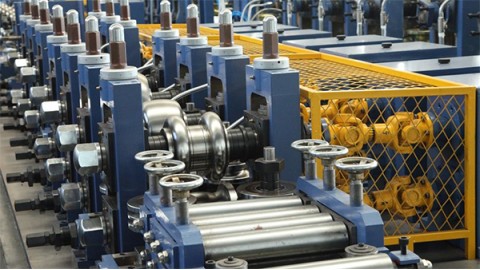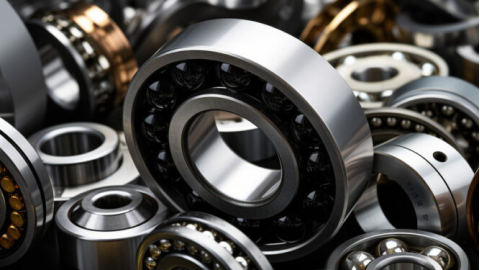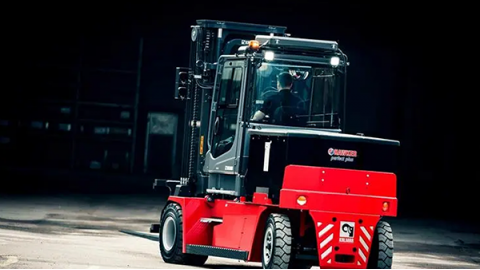Introduction
This article provides an in-depth exploration of Polyurethane Molding.
Continue reading to discover key topics including:
- What is Polyurethane Molding?
- History of Polyurethane Molding
- Properties of Polyurethane
- Polyurethane Molding Processes
- And Much More...
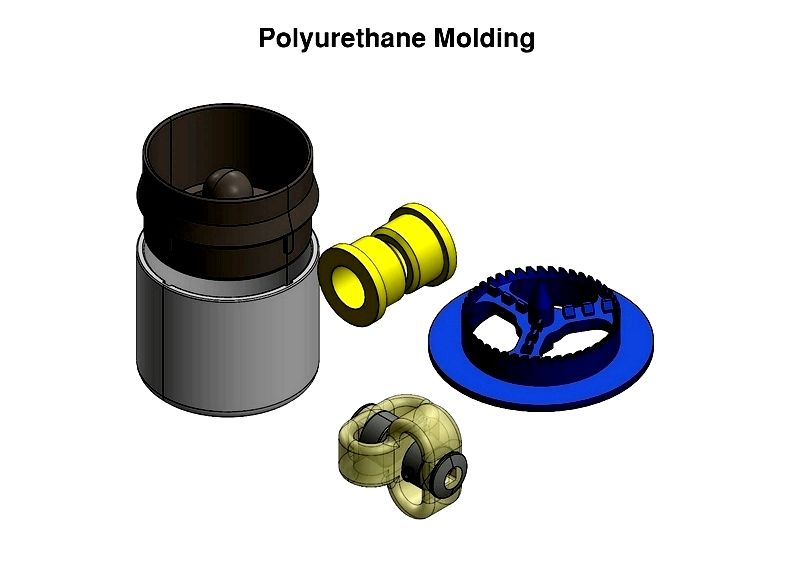
Chapter 1: What is Polyurethane Molding
Polyurethane molding is a process that creates plastic components by injecting a urethane polymer system into a mold where it solidifies. Similar to other plastics, polyurethane offers excellent processability, making it ideal for manufacturing various consumer and industrial parts. This method achieves precise tolerances and complex shapes with ease, producing custom, high-quality components known for their durability and performance. Polyurethane, typically used in liquid or elastomeric form, can be customized during molding to achieve specific characteristics.
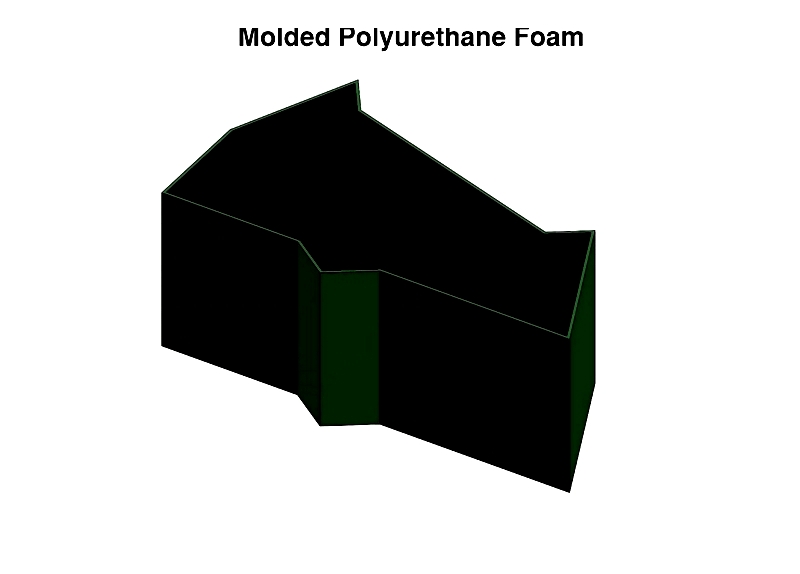
Renowned for creating intricate shapes and complex designs, polyurethane molding serves industries like automotive, aerospace, medical, and consumer products. Common applications include seals, gaskets, rollers, bumpers, wheels, and custom components. These parts exhibit remarkable resistance to abrasion, chemicals, and environmental factors, ensuring reliability and longevity.
Polyurethane moldings are widely used in:
- Furniture (cushions, underlays, and coverings)
- Construction (building insulation materials)
- Automotive and transportation (bumpers, bushings, fenders)
- Industrial and manufacturing equipment (rollers, cams, and wheels)
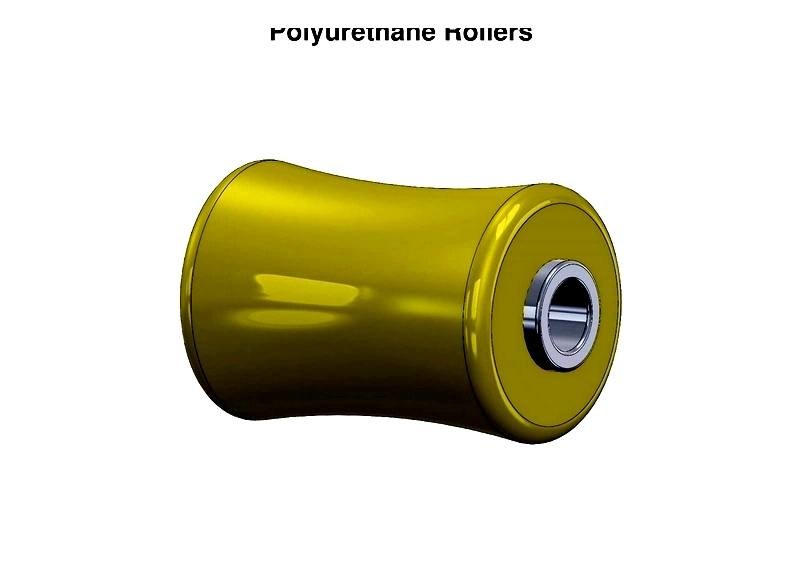
Chapter 2: History of Polyurethanes
Polyurethanes were discovered by Otto Bayer in 1937 while working with colleagues at I.G. Farbenindustrie A.G. laboratories in Germany. The first polyurethane resulted from a chemical reaction between a diamine-forming polyurea and an aliphatic diisocyanate. This breakthrough marked a turning point in polymer science and engineered plastics development. Later, glycol replaced polyurea in the process, significantly improving the physical properties and versatility of polyurethane materials.
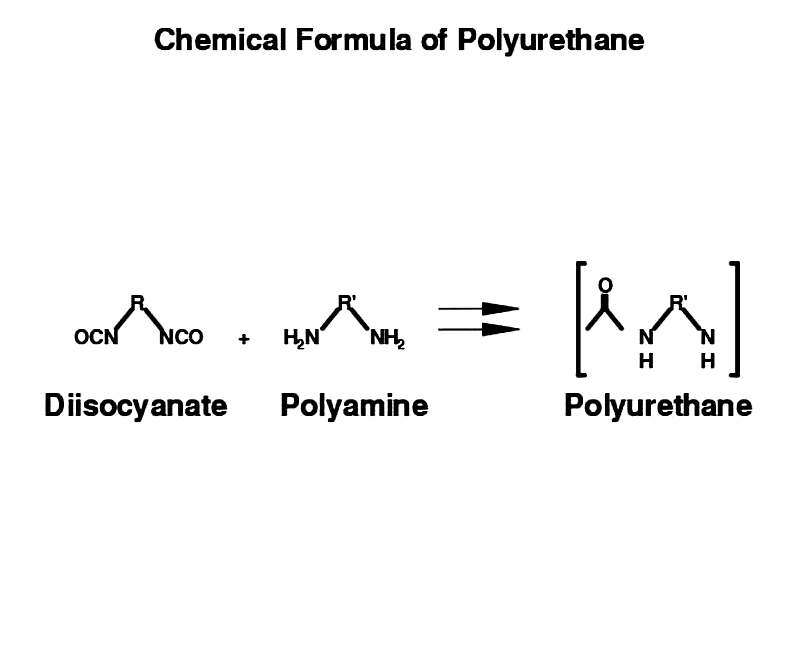
During World War II, early polyurethane forms served as crucial synthetic rubber substitutes amid natural rubber shortages. This demonstrated polyurethane's industrial adaptability for resilient, flexible, and durable products. Its applications quickly expanded to foam manufacturing, textiles, cushioning, insulation, packaging, and coatings. Industries valued polyurethane for furniture, automotive parts, and protective coatings due to its lightweight and resistant properties.
By 1952, commercially available polyisocyanates enabled mass production of polyester-isocyanate urethane systems. The 1956 introduction of polyether polyols (PTMEG) by DuPont transformed the industry, followed by BASF and Dow Chemicals' polyalkylene glycols in 1957. These innovations outperformed polyester systems with better processability, temperature flexibility, and resistance to moisture, abrasion, and environmental stress, establishing polyether-based polyurethanes as the industry standard.
Today, polyurethane chemistry continues advancing, supporting applications in construction, furniture, automotive, medical devices, footwear, adhesives, and industrial equipment. Modern polyurethane products meet diverse requirements including load-bearing capacity, insulation, weather resistance, flame retardancy, and sustainability. The development of biobased polyurethanes reflects the industry's commitment to eco-friendly innovation.
When selecting polyurethane materials, buyers typically evaluate density, hardness, tensile strength, abrasion resistance, processing methods (foam molding, reaction injection molding, or extrusion), custom formulation options, and manufacturer reputation. Understanding polyurethane's historical development helps buyers choose optimal materials for commercial, industrial, and consumer applications.

